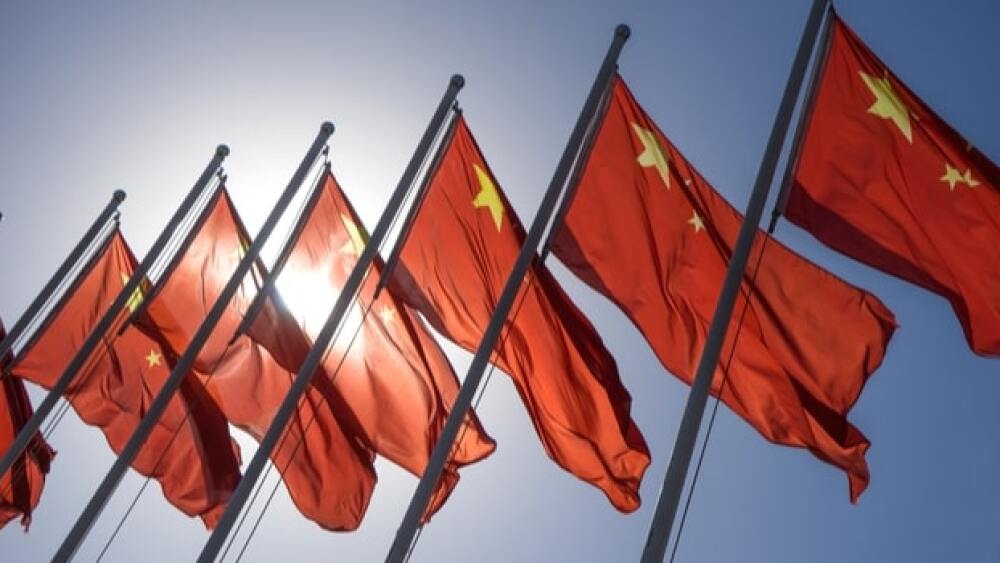When biotech companies consider conducting business in China, their concerns are radically different than they were even four years ago.
When biotech companies consider conducting business in China, their concerns are radically different than they were even four years ago. Where once they focused on the ease of forming new companies and protecting their intellectual property, they now are concerned about the effects of geopolitics on rules and regulations.
In Hong Kong, the concerns are sharper. A recent survey by AmCham of its members indicated that 40% were leaving Hong Kong in response to China’s new security law.
That law, combined with China’s handling of the COVID-19 outbreak (in which Wuhan residents were not allowed to travel within China but were allowed to travel internationally), the expulsion of leading Western journalists, and the new social credit system for corporations and individuals that is being rolled out this year, gives some executives pause.
The social credit system, for example, is little known. Ostensibly, it is designed to instill trust in the marketplace and society. In practice, the Congressional Research Service said it lessens the bureaucratic burden for compliant companies while increasing it for those deemed less trustworthy, giving the government the Orwellian potential to punish organizations that do not align themselves closely with the government’s interests.
“China represents a substantial proportion of the world’s population. It needs medicines, and the U.S. is the leader in producing medicine. We, in turn, need a clear set of guidelines to work in the constraints,” BIO Chairman Jeremy Levin, D.Phil., told BioSpace. With the two nations at loggerheads, “Business rules and regulations are affected and biotech leaders are at a loss to understand how to work in China.”
Through all this, “The Chinese economy is booming, despite COVID-19,” Levin said.
The ChinaBio® State of Life Science China – 1H 2020 report points out that China is on the way to setting a new record for partnering deals. The $29 billion in deals the first half of the year is up 65% from the same period in 2019. ChinaBio predicts initial public offerings (IPOs) funds raised this year will total $11 billion, setting another record high. Clearly, investment capital is available.
How capital can be accessed is changing, though. Hong Kong is a case in point. “The repression of freedom is a significant blow,” Levin said, that manifests in the capital markets.
The Stock Exchange of Hong Kong (SEHK), he explained, has a mechanism by which a company without revenue could raise capital on that exchange. The Shanghai Stock Exchange, in contrast, requires that listed companies generate revenue. Consequently, the SEHK was an important avenue by which American companies could raise Chinese capital.
“It’s not clear how much it has diminished, but (anecdotally) individuals no longer talk about raising money and Hong Kong,” he said. Instead, they talk about forming agreements with other Chinese companies.
The pandemic has dampened interest in working with China only slightly.
“The industry understands the tremendous role of biotech in China,” Levin said. “We have an opportunity to generate new medicines and explore how to provide them to China under the right conditions.”
China can be an excellent place to conduct clinical trials, for example, because of the high numbers of treatment-naïve patients and availability of physicians and medical facilities eager to participate. That, and China’s practice of concentrating certain conditions into certain medical centers, makes enrolling and completing clinical trials faster than in the West. That’s true even for rare diseases, where the number of families affected is “a multiple of what there is in the U.S.,” Levin said.
Additionally, he continued, “There is increasing migration of intellectual property (IP) to (and from) China.” Despite concerns about the patent process and the potential for compromise, there is also the question of whether you can access new IP in China.
“IP isn’t a one-way street. There’s an astonishing flowering of IP of China. The number of patents filed there is extremely high,” Levin said.
In 2018, China’s patent office received more patent applications than any other nation – 1.5 million. That’s 46% of all filings, globally. The U.S., in second position, received 597,141 according to the World Intellectual Property Organization. In terms of biotech, “China is not yet the IP powerhouse that the U.S. is, but it has a huge, budding biotech sectors and is generating new tools to dissect the genome,” Levin said.
Meanwhile, President Trump in August signed an executive order to reshore the manufacturing of America’s critical medical supplies and thus ensure our nation is never dependent on foreign nations for those supplies. Chinese President Xi Jinping is not pleased. A recent report in the South China Morning Post said Xi warned his countrymen to be prepared to withstand external challenges over the long term.
Biotech is caught in the middle. Therefore, before devising a China policy, “Start by asking why you want to do this,” Levin advised. If the rationale is valid, find a partner.
“To secure a footprint and economic benefit, it’s best to have a firm that fully understands and is conversant with the Chinese market. Evaluate your partners carefully to ensure the management of the firm and the behavior of their managers (regarding corruption laws, for example) are consistent with the behavior that is acceptable in the U.S. and EU.” If you move forward, “make sure you scrupulously adhere to all the trade rules that are in place.”
Despite the challenges, China remains a good place for U.S. biopharmaceutical companies to locate and partner, Levin said. But, he added, “Go in with your eyes wide open, and follow the rules.”






